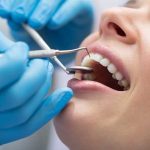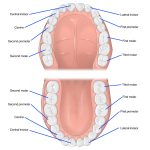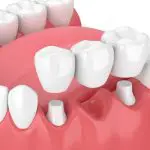When Do Puppies Lose Their Baby Teeth? Explained by Experts
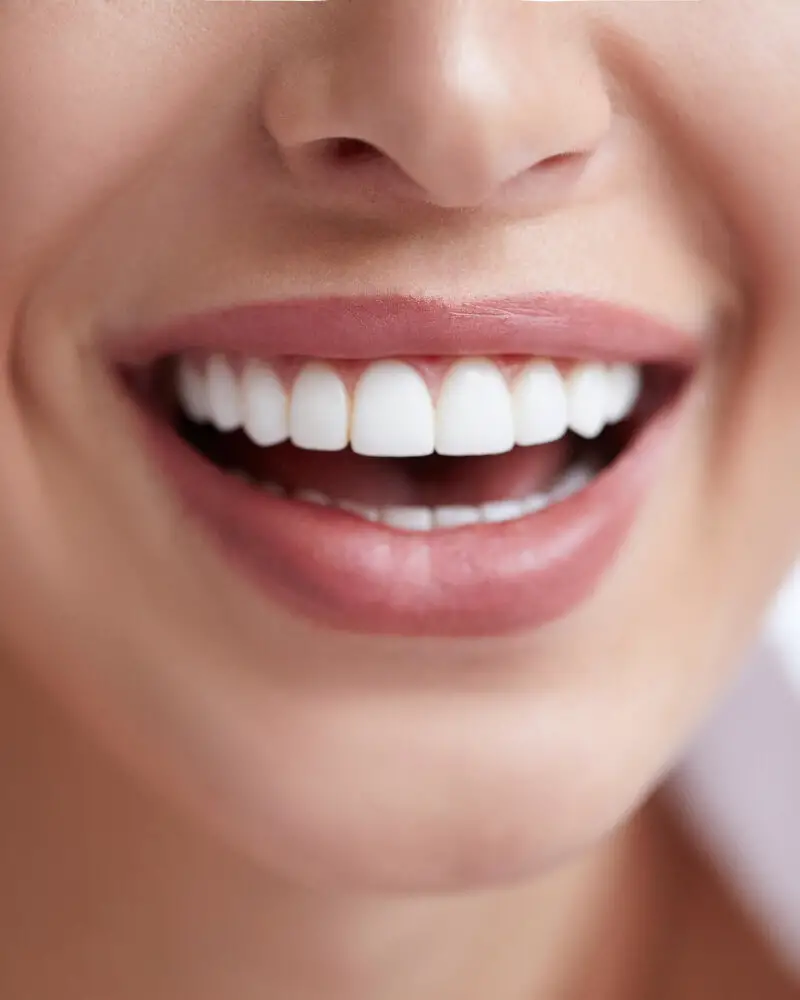
Welcoming a new puppy into your home is an exciting and joyful experience. From their playful energy to their adorable faces, puppies bring a lot of happiness into our lives. However, as a puppy owner, it’s important to understand their growth and development, including when they will start losing their baby teeth. This is a natural process that can sometimes be confusing for pet owners, but with the help of experts, understanding when puppies lose their baby teeth can be easy. Puppies, like human babies, go through a lot of changes during their first year of life. One of the most significant changes is the transition from baby teeth to adult teeth. This process is also known as teething and can be a time of discomfort for your puppy. Understanding when this process begins and ends can help you provide the best care for your furry friend and ensure they have a healthy and happy start to their life as an adult dog. So, when exactly do puppies lose their baby teeth? Let’s dive into the details and get expert insights on the topic.
Knowing when puppies lose their baby teeth is crucial for their proper dental care and overall health. Just like humans, dogs also go through a teething process, during which their baby teeth fall out, making way for the permanent ones. This process usually starts at around 3-4 months of age and lasts up to 6-8 months. During this period, puppies may experience discomfort and pain, which can be alleviated by proper dental care and providing them with chew toys. Delayed or improper shedding of baby teeth can lead to dental issues, such as overcrowding, misalignment, and dental decay, which can cause pain, infection, and even affect their overall health. Therefore, as responsible pet owners, it’s important to keep track of our puppies’ teething process and seek professional advice if necessary.
The process of puppies losing their baby teeth is a natural and gradual one that occurs as they grow and develop. Typically, the first teeth to fall out are the incisors, followed by the canines and premolars. This process usually begins around three to four months of age and continues until the puppy is around six to eight months old. During this time, the puppy’s adult teeth are growing in, pushing out the baby teeth and taking their place. It is important for puppy owners to monitor their pup’s teeth during this process and provide proper dental care to ensure healthy adult teeth.
The Teething Process

Teething is a natural process that all puppies go through. It usually starts around 3-4 weeks of age when the first set of baby teeth appear. The teething process can be uncomfortable for puppies, as their gums may become swollen and sore. This can result in a puppy feeling the need to chew on things to relieve the discomfort, which is why it’s important to provide them with appropriate chew toys. As puppies grow, their baby teeth will eventually fall out and be replaced by adult teeth. This usually happens between 4-6 months of age, but can vary from puppy to puppy. During the teething process, it’s important to monitor your puppy’s behavior and provide them with the appropriate care and attention. This includes providing them with a balanced diet that meets their nutritional needs and ensuring they have access to clean water at all times. Additionally, it’s important to supervise your puppy when they are chewing on toys or other objects to prevent them from swallowing anything that could be harmful. By taking care of your puppy during the teething process, you can help ensure they grow up to be healthy and happy adult dogs.
Teething is a natural process that marks the transition from a puppy’s milk teeth to adult teeth. It usually begins when the puppy is between three to six weeks old, and the first teeth to emerge are the incisors. As the puppy grows, the canines, premolars, and molars start to come in, and the teething process can last up to six months. During this time, puppies may experience discomfort, irritability, and a tendency to chew on anything they can find to relieve the discomfort. It’s essential to provide them with appropriate chew toys and ensure that they have a healthy diet to support their oral health during this time. Once all the adult teeth have come in, around six to eight months of age, the teething process is complete, and the puppy has a full set of strong, healthy teeth.
One fascinating aspect of puppy development is that they have two sets of teeth, just like humans. The first set, also known as deciduous or baby teeth, consists of 28 teeth, and they start to appear at around 2-3 weeks of age. These teeth serve as placeholders for the adult teeth that will eventually replace them. The second set of teeth, also known as permanent teeth, consists of 42 teeth, and they start to emerge at around 3-4 months of age. The process of losing baby teeth and growing adult teeth can last up to six months, and it’s essential to monitor your puppy’s dental health during this period. Providing your puppy with chew toys, regular brushing, and dental check-ups can help ensure a healthy transition from baby to adult teeth.
When Do Puppies Lose Their Baby Teeth?
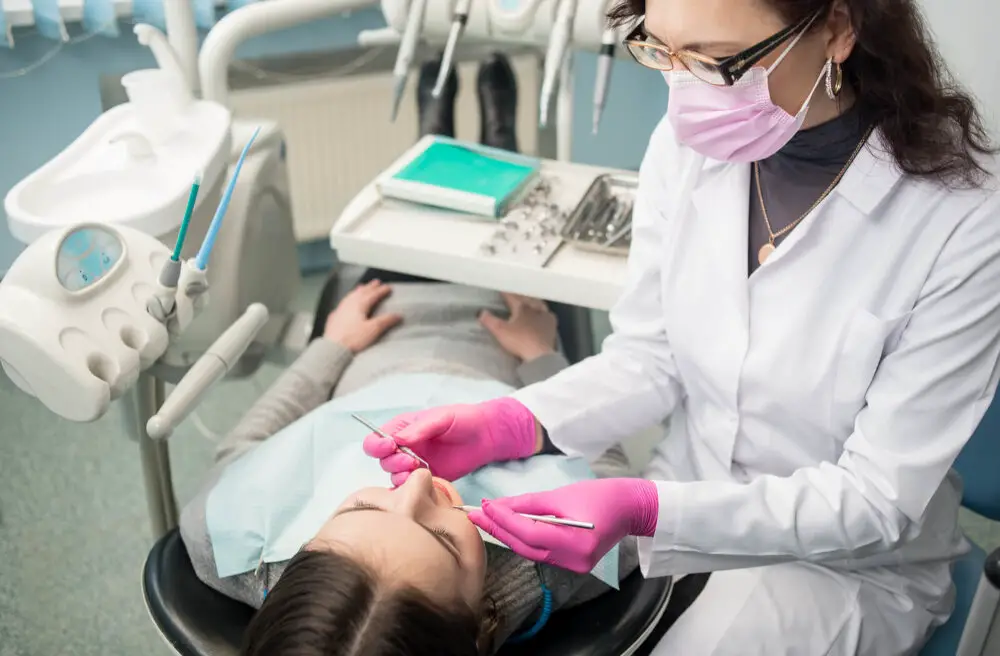
As a puppy parent, you may wonder when your little furry friend will start losing their baby teeth. Much like human infants, puppies go through a teething phase where their baby teeth fall out and are replaced by adult teeth. This process usually starts when puppies are around three to four months old and can continue until they are six to eight months old. During this time, puppies may experience discomfort and chew on anything they can get their paws on to relieve the pain. It is essential to provide your puppy with appropriate chew toys to help them through this phase. The timeline for losing baby teeth can vary from puppy to puppy, and it is not uncommon for some to lose teeth earlier or later than others. Typically, puppies lose their incisors first, followed by their canine teeth, premolars, and finally, their molars. By the time they are seven or eight months old, most puppies should have all their adult teeth. It is important to keep an eye on your puppy’s teeth during this phase and ensure that they are growing correctly and without any issues. If you notice any problems, such as retained baby teeth or adult teeth growing in crooked, consult with your veterinarian to address any potential dental issues.
As puppies grow, their teeth go through a series of changes. A puppy’s baby teeth, also known as deciduous teeth, begin to emerge at around 3-4 weeks of age. These teeth, which include incisors, canines, and premolars, will eventually be replaced by their permanent teeth. The process of losing baby teeth and growing permanent teeth usually starts around 12-16 weeks of age, and it can take several months for all of the permanent teeth to come in. The permanent teeth, which include molars, will continue to grow until the puppy is around 7-8 months old. During this time, it’s important to provide your puppy with plenty of chew toys to help alleviate any discomfort they may experience as their teeth come in and fall out. By understanding the process of tooth development in puppies, you can help ensure that your furry friend has a healthy and happy smile for many years to come.
The timeline for when puppies lose their baby teeth can vary based on individual factors such as breed, size, and overall health. Smaller breeds tend to lose their baby teeth earlier than larger breeds, while teething can take longer for larger breeds. Additionally, the overall health of the puppy can play a role in the timeline, as certain health conditions can delay the process. Other factors, such as diet and genetics, can also affect when a puppy loses their baby teeth. It’s important for puppy owners to monitor their pet’s dental health and consult with a veterinarian if they have concerns about the timing of their puppy’s tooth loss.
Signs Your Puppy is Teething
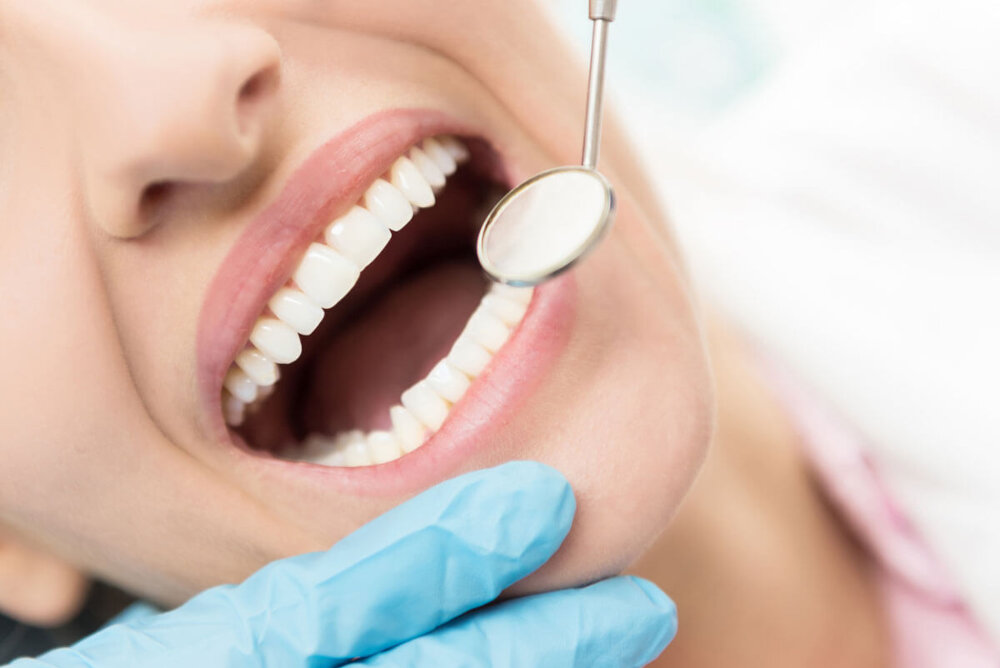
As a puppy owner, it’s crucial to understand the signs of your furry friend’s teething phase. This stage is when puppies start losing their baby teeth, and their adult teeth start to emerge. One of the most obvious signs that your puppy is teething is excessive chewing. Puppies will chew on anything they can get their paws on, from furniture to shoes to household objects. This behavior is because the puppy’s gums are inflamed and sore. Chewing helps to relieve the pain and discomfort that they’re experiencing. It’s essential to provide your puppy with plenty of chew toys to keep them occupied and to prevent them from destroying your belongings. Another sign that your puppy is teething is a decrease in appetite. Puppies may experience a loss of appetite during their teething phase because their gums are sore and inflamed, making it painful for them to eat. It’s essential to monitor your puppy’s food and water intake during this time and ensure that they’re getting enough nutrition. If you notice that your puppy is not eating or drinking, it’s best to consult with your veterinarian to ensure that they’re not suffering from any underlying health issues. Overall, knowing the signs of your puppy’s teething phase can help you provide them with the care and attention they need during this crucial time in their development.
Teething is a natural process in a puppy’s life, but it can be a challenging time for both the puppy and its owner. Common symptoms of teething include excessive chewing, drooling, and irritability. Puppies may also experience swollen or tender gums, difficulty eating or drinking, and a decreased appetite. In some cases, puppies may even develop a low-grade fever during the teething process. It’s important for pet owners to recognize these symptoms and provide their puppy with appropriate chew toys and dental treats to help alleviate their discomfort. Additionally, regular teeth cleaning and check-ups with a veterinarian can ensure that a puppy’s oral health is maintained during this important developmental stage.
Helping your puppy through the process of losing their baby teeth can be a challenging experience, but there are a few tips that can make it easier for both you and your furry friend. Firstly, make sure to provide your puppy with plenty of chew toys to help soothe their sore gums and distract them from chewing on inappropriate items. Secondly, consider feeding your puppy soft or wet food during this time as it can be easier for them to eat. Additionally, be patient and understanding as your puppy may experience discomfort and mood swings during this process. Lastly, maintain good dental hygiene by brushing their teeth regularly to prevent any potential dental problems. With these tips, you can help ensure a smooth and comfortable transition for your puppy as they lose their baby teeth.
Caring for Your Puppy’s Teeth
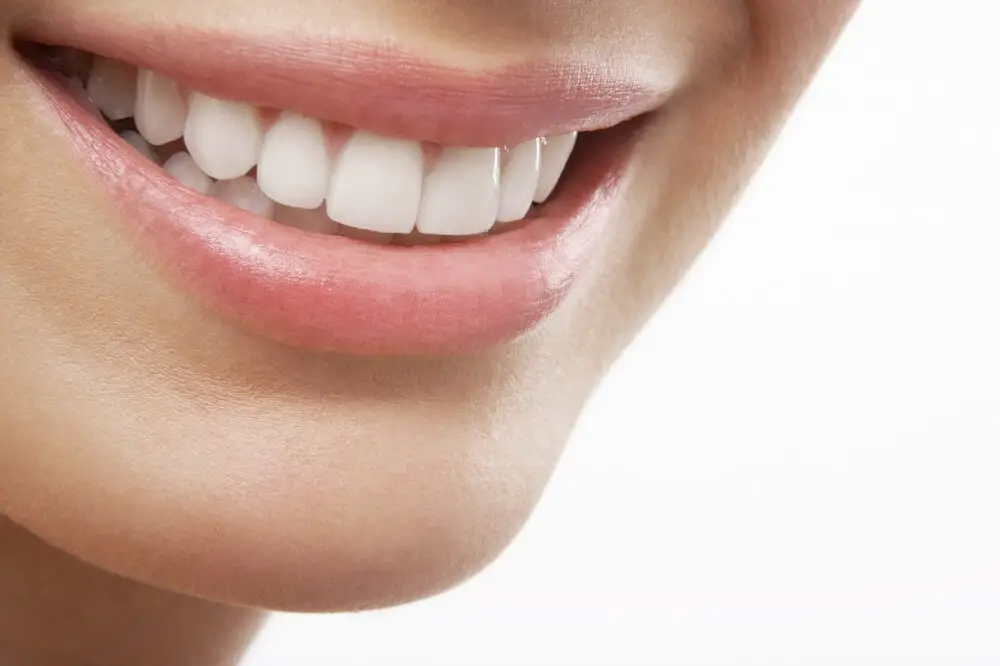
Caring for your puppy’s teeth is an essential part of their overall health and well-being. It’s important to start dental care early on, as puppies can begin to develop dental problems even before they lose their baby teeth. One of the most crucial aspects of dental care is regular brushing. You should brush your puppy’s teeth at least once a day using a soft-bristled toothbrush and dog-specific toothpaste. Avoid using human toothpaste, as it can be harmful to dogs. In addition to brushing, it’s also important to provide your puppy with dental chews or toys that can help clean their teeth and massage their gums. These products can also help prevent the buildup of plaque and tartar, which can lead to more serious dental problems down the line. Finally, regular dental checkups with your veterinarian can help catch any dental issues early on and prevent them from progressing into more serious problems. By following these simple steps, you can help ensure that your puppy’s teeth stay healthy and strong for years to come.
Dental care is crucial for puppies as it not only ensures their oral hygiene but also contributes to their overall health and well-being. Puppies start to lose their baby teeth at around 3-4 months old, and during this time, it is essential to establish a dental care routine. Neglecting dental care can lead to gum disease, which can cause pain, bad breath, and even tooth loss. Furthermore, poor oral health can lead to other health issues such as heart disease, kidney disease, and infections. Therefore, regular brushing, dental check-ups, and a healthy diet are all important components of proper dental care for puppies, which can prevent future health problems and promote a happy and healthy life.
Cleaning and caring for your puppy’s teeth is an essential part of their overall health and well-being. You can start by introducing your puppy to the process of teeth cleaning early on in their life. Begin by using a soft-bristled toothbrush and a toothpaste designed specifically for dogs. Gently brush your puppy’s teeth in a circular motion, focusing on the back teeth where most of the plaque buildup occurs. You can also provide your puppy with dental chews or treats that help remove plaque and tartar buildup. It’s important to establish a regular teeth-cleaning routine to prevent dental issues like gum disease and tooth decay. By taking care of your puppy’s teeth, you can ensure they have a healthy and happy life.
Puppies, like humans, go through a teething phase where they lose their baby teeth. This process usually begins when the puppy is three to four months old and lasts until they are six to eight months old. During this time, puppies may experience discomfort and exhibit symptoms such as chewing on objects, drooling, and irritability. It is important for owners to provide their puppies with appropriate chew toys and to monitor their dental health. Additionally, owners should avoid giving their puppies hard bones or toys that can damage their teeth. By taking proper care of their puppies’ teeth during this time, owners can help ensure their puppies grow into healthy adult dogs.
As a responsible pet parent, there are several things you can do to help your puppy through the teething process. Firstly, provide them with plenty of chew toys that are specifically designed for teething puppies. This will not only help relieve their discomfort but will also discourage them from chewing on inappropriate items. Secondly, ensure that their diet is well-balanced and includes all the necessary nutrients for healthy growth. Additionally, consider freezing some of their chew toys or wetting a washcloth and freezing it for them to chew on. This will provide additional relief for their sore gums. Lastly, be patient and understanding with your puppy as they go through this process. Remember, it is a natural part of their development, and with your support, they will come out the other side with a healthy set of adult teeth.
As a responsible pet owner, it is important to seek veterinary care if necessary. Losing baby teeth is a natural process for puppies, but it is still important to monitor their teeth and gums for any signs of discomfort or infection. If you notice any abnormalities, such as bleeding gums or loose teeth, it is recommended that you take your puppy to the vet for a check-up. Ignoring these warning signs can lead to more serious dental problems down the line, which can be painful and expensive to treat. By seeking veterinary care when necessary, you can ensure that your puppy’s dental health stays on track and they can continue to live a happy, healthy life.
Conclusion
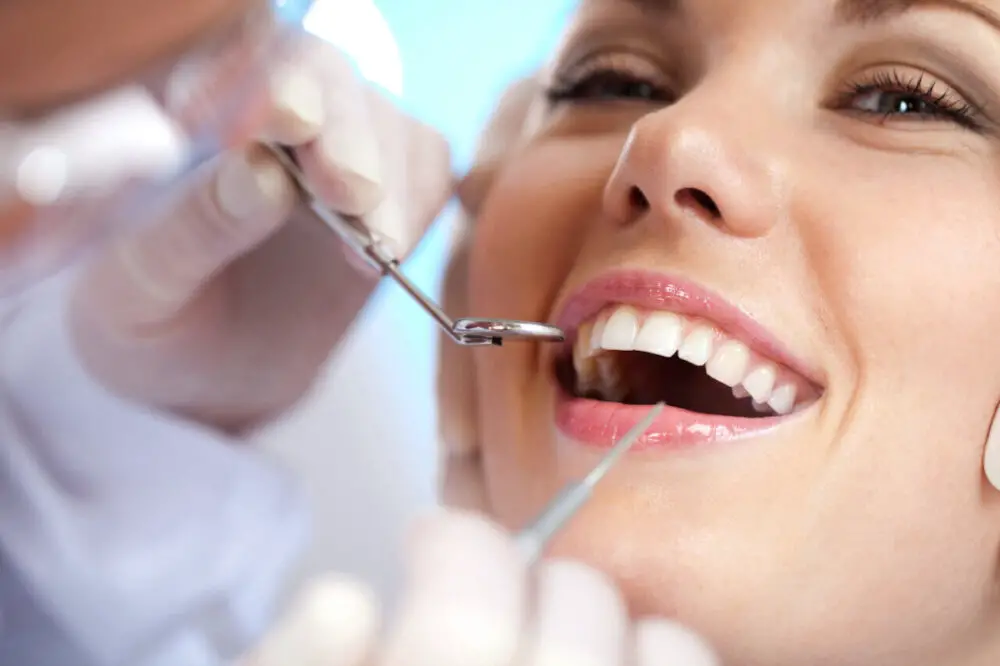
In conclusion, the process of losing baby teeth in puppies is a natural and important milestone in their growth and development. As experts have explained, this typically occurs between the ages of 3 to 6 months and can vary depending on the breed and individual pup. Pet owners should be aware of the signs of teething and provide appropriate care and attention to their furry friends during this time. Proper dental hygiene and regular check-ups with a veterinarian can also ensure that their adult teeth grow in strong and healthy. Overall, understanding the process of losing baby teeth in puppies is crucial for responsible pet ownership and ensuring the well-being of our beloved furry companions.
